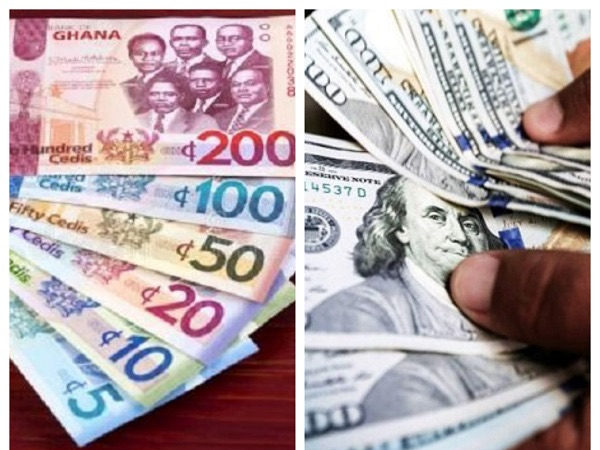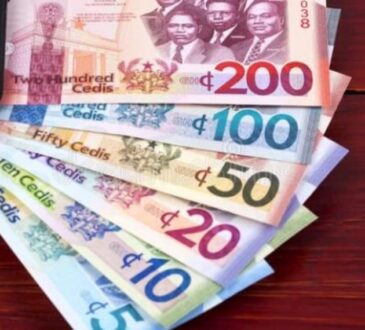
The depreciation of the cedi against the dollar remained unchecked as the local currency reached GH¢14.18 against the American greenback on the retail market.
Despite the Bank of Ghana selling $20 million to the Bulk Oil Distribution Companies (BDCs) in the 51st auction, the cedi’s depreciation against the dollar persists.
So far in 2024, the local unit has depreciated by around 13.45% against the US dollar, making it one of the poorly performing currencies on the African continent.
At the beginning of this week, the local unit was trading at GH¢14.05 to the dollar at most forex bureaus.
While analysts anticipated that this auction would alleviate some forex demand on the market, the prevailing corporate forex demand pressures persist, further weakening the local unit.
The local currency also experienced significant depreciation against the euro and the pound, respectively.
However, if Ghana secures a deal with its Eurobond holders and receives the anticipated inflows from the International Monetary Fund and other multilateral sources, the challenges faced by the Cedi may be mitigated.
Since February 2024, the cedi has been rapidly depreciating, driven by investor concerns over Ghana’s progress in restructuring its commercial debt and the sustained strength of the US dollar.
London-based Fitch Solutions stated that while a proposed debt deal with international bondholders was rejected by the International Monetary Fund in April 2024, Ghana’s Finance Minister, Dr. Mohammed Amin Adam, remained optimistic, stating that “significant progress” had been achieved, which “suggests to us that reaching a debt agreement by mid-2024 should be feasible”.
“We expect that this will boost investor confidence in Ghana’s economy and policymaking processes, leading to increased foreign exchange inflows and a consequent strengthening of the cedi in half-year 2024”, Fitch Solutions added.
Last week, the Central Bank sold $13 million on the spot market, yet it failed to stabilize the local unit as the cedi concluded the week with a 0.90% decline against the American greenback on the retail market.
Additionally, the cedi depreciated by 1.32% and 1.54% week-on-week against the pound and the Euro, respectively, on the retail market.







